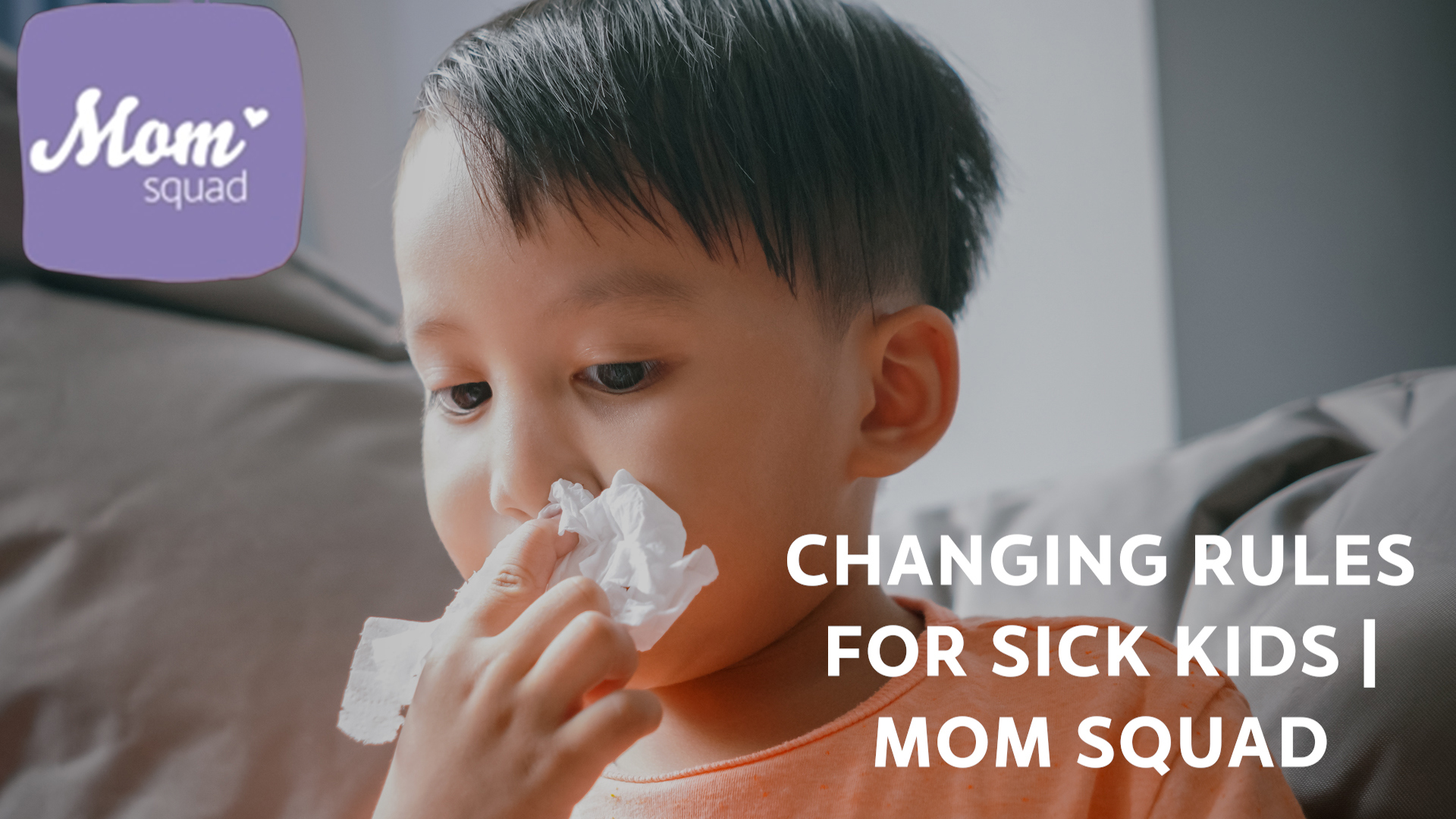The first case of Ebola in a patient diagnosed in a U.S. hospital was confirmed by the Centers for Disease Control and Prevention Tuesday.
The patient did not have symptoms when leaving West Africa, but developed symptoms approximately four days after arriving in the U.S. on Sept. 20.
1.What are the chances that the Ebola virus will spread in the United States? Am I at risk?
Close to zero, according to medical experts.
The quality of medical care and facilities in the USA and Africa are completely different, said Thomas Geisbert, professor of microbiology and immunology at the University of Texas Medical Branch in Galveston.
The areas where the outbreak has spread are "some of the poorest places on planet Earth," Geisbert said.
In Africa, medical professionals sometimes don't have the proper protective gear and over-run facilities are having to turn away patients, he said.
 Effects of Ebola virus (Photo: Janet Loehrke, USA TODAY)
Effects of Ebola virus (Photo: Janet Loehrke, USA TODAY)
2. Is there a vaccine?
No, there is currently no vaccine, although two are being tested right now.
Although there are no proven therapies, several experimental ones are being developed. A handful of Ebola patients have received these experimental drugs, although supplies of one have been exhausted and supplies of another are very low.
Some patients also have gotten blood transfusions from Ebola survivors, with the hope that a survivor's antibodies will help a sick person's immune system fight off the virus.
Good supportive care also can save lives. This consists of the sort of routine care provided in American hospitals and intensive care units, such as monitoring patient's blood pressure, keeping them hydrated or helping them breathe – with machines, if needed. This help can keep patients alive until th eir immune system fights off the virus.
3. Should the people who came in contact with the latest victim of Ebola on the plane or at the airport be concerned?
?The CDC does not recommend that people on the same commercial airline flights ?undergo monitoring. Ebola is contagious only if the person is experiencing active symptoms. But anyone concerned may call 800-CDC-INFO.
4. How well prepared are U.S. hospitals?
The U.S. has been upping surveillance and lab testing capacity in states. The government agency has been developing tools for health departments to hold public health investigations and giving recommendations for infection control.
The CDC has also been giving guidance to flight crews, Emergency Medical Service units at airports and Customs and Border Protection officers about how to report sick travelers to the agency.
5. How can the U.S. stop any potential spread of the outbreak?
The CDC says it can stem any potential spread thorough isolation of ill people, contacting people exposed to the ill person and further isolation of contacts if they develop symptoms, the agency said in a statement.
Contributing: Jolie Lee, USA TODAY Network


